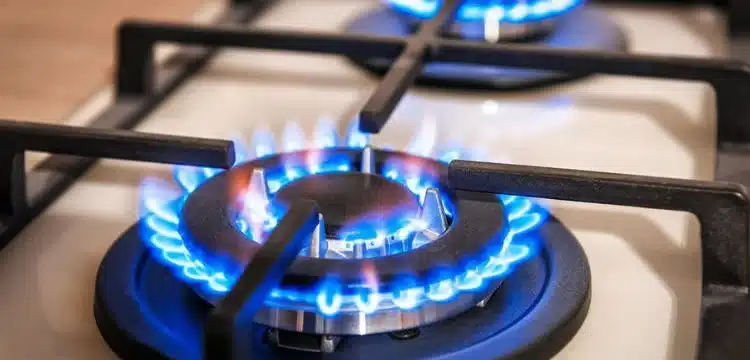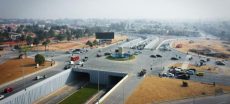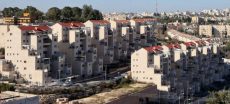[vc_row][vc_column][vc_column_text dp_text_size=”size-4″]Pakistan’s persistent inflationary challenges have now extended to the gas sector, with the Oil and Gas Regulatory Authority (OGRA) implementing a tariff increase to address financial shortfalls.
As citizens grapple with escalating prices for essential goods, including natural gas, the outgoing government has initiated the second price hike of the current fiscal year. Effective from January 1 to June 30, this move exacerbates the financial burden on the populace.
Read more: Government Devises Policy To Enhance Gas Exploration
In the run-up to the upcoming elections, political leaders have made promises of relief to the public. However, the outgoing government has chosen to raise the tariff for both the Sui Northern Gas Pipelines Limited (SNGPL) and the Sui Southern Gas Company Limited (SSGCL). The tariff for SNGPL has been elevated by 35.13%, while SSGCL sees an 8.57% increase.
This latest adjustment places the gas price at Rs1,590 per MMBTU, a significant surge from the previous average of Rs1,291 per MMBTU.
The decision to raise gas tariffs aligns with the guidance of the International Monetary Fund (IMF), which aims to address the mounting circular debt, currently standing at Rs1,250 billion. This debt is a substantial financial burden that necessitates urgent attention and corrective measures.
In the preceding year, OGRA had already implemented a considerable increase in gas prices for Sui Northern Gas consumers, leading to a new rate of Rs1,238.68 per MMBTU. Consumers of Sui Southern Gas experienced a staggering 45% surge in gas prices.
The cumulative impact of these increases underscores a significant upward trajectory, with gas prices escalating by over 193% under the incumbent authorities. The estimated revenue tariff for the current fiscal year stands at a staggering Rs980 billion, reflecting the financial strain on consumers and the broader economy.
The decision to raise gas tariffs is undoubtedly a tough pill for the public to swallow, given the existing economic challenges and inflationary pressures. The move is a response to the imperative of addressing the circular debt, a critical issue that requires concerted efforts and policy interventions to ensure financial stability and sustainability.
As the nation grapples with these economic realities, the focus now turns to how the incoming government, shaped by the upcoming elections, will navigate these challenges. The management of inflation, economic stabilization, and addressing the circular debt will likely remain at the forefront of the policy agenda for the new administration.
In conclusion, the decision to increase gas tariffs in Pakistan adds another layer of economic strain for the public. As citizens confront rising costs for essential commodities, the government’s move reflects the complex balancing act required to address financial challenges such as the circular debt. As the country approaches the upcoming elections, economic management and policy decisions will play a pivotal role in shaping the trajectory of Pakistan’s economy in the coming years.[/vc_column_text][/vc_column][/vc_row]










